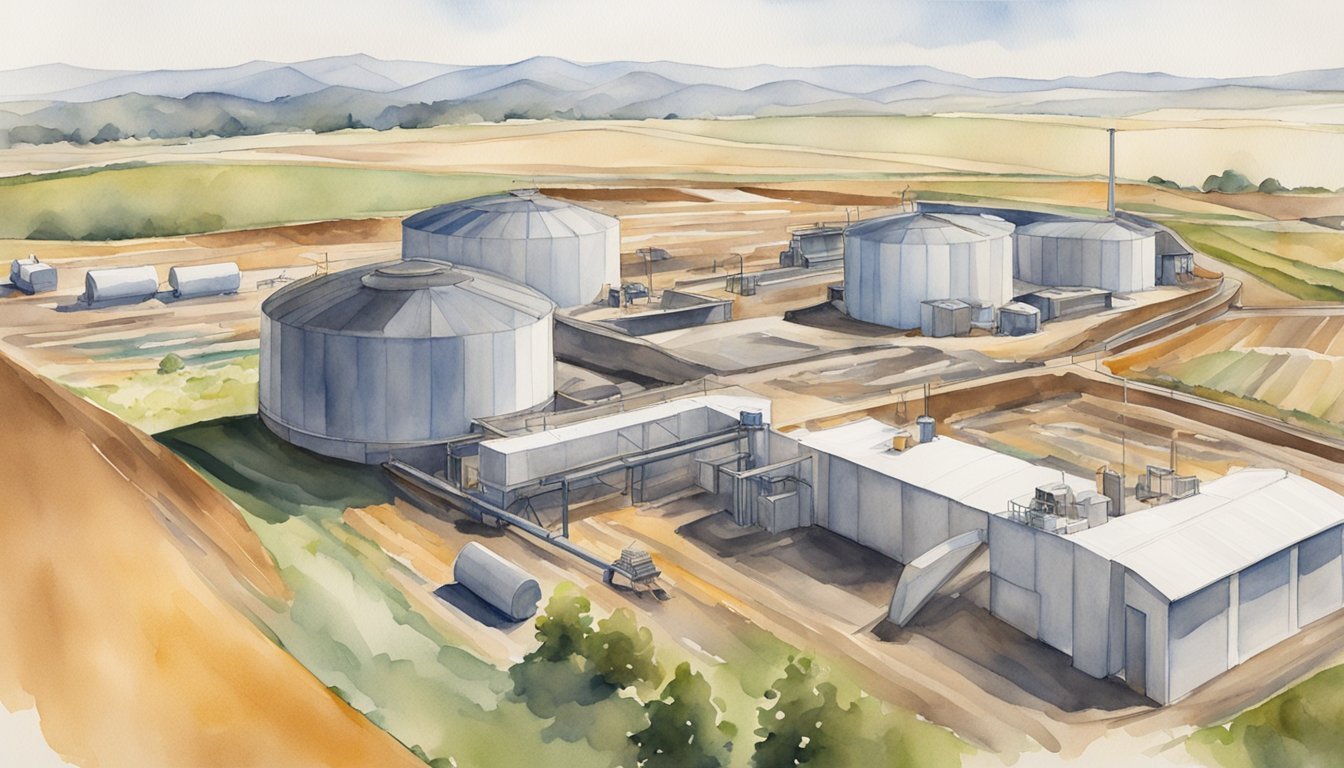Understanding Human Composting in California
California has embraced an ecological approach to final disposition by legalizing human composting, an alternative to traditional burial or cremation. This practice aims to return the body to the earth through a process called natural organic reduction.
Legislation and Regulations
In an effort to provide greener options for final disposition, California lawmakers passed Assembly Bill 351, a bill that legalizes human composting, with Governor Gavin Newsom signing it into law. The law directs the California Cemetery and Funeral Bureau to develop regulations by 2027. This pioneering move was influenced by the California Catholic Conference, which engaged in discussions to address concerns over the respect and dignity of the deceased throughout the law’s development.
The Science of Natural Organic Reduction
Natural organic reduction is the scientific term for human composting. It involves an accelerated decomposition process that converts human remains into soil. Biological processes break down the body using a combination of high-carbon materials like wood chips and aeration, facilitating microbial activity. California is working on outlining specific protocols to ensure the safe and efficient practice of natural organic reduction.
Environmental Considerations
Embracing human composting positions California as a leader in ecological final disposition methods. This practice is seen as a more environmentally friendly alternative to traditional cremation, reducing carbon emissions and avoiding the use of burial plots which can potentially strain land resources. Stakeholders, including environmental groups and the public, have shown a growing interest in this sustainable option, highlighting California’s continued commitment to environmental conservation through innovative approaches to human composting. By adopting this method, the state not only decreases the environmental impact of conventional after-life processes but also encourages other regions to explore sustainable alternatives. As discussions around eco-friendly practices grow, people are also questioning everyday habits, such as asking, can you flush kitty litter, in an effort to minimize waste and protect natural resources. California’s progressive stance on human composting reflects a broader cultural shift toward greener choices in both life and death.
Human Composting Practices and Impact

As California embraces human composting, this practice offers a unique intersection of environmentally friendly burial alternatives with the potential for significant environmental and familial benefits. Below we explore the processes involved, the advantages it promises to both families and the ecosystem, and what the future may hold alongside the inherent challenges.
Facilities and Processes
Human composting facilities, such as Recompose, use a controlled, science-backed process to convert human remains into nutrient-rich soil. The body is placed into a steel vessel with biodegradable materials like wood chips, alfalfa, and straw. Microbes and bacteria then initiate a decomposing process, which transforms the body into approximately a cubic yard of soil within 30 days. This soil can potentially be used to nourish conservation lands, forests, or gardens.
Benefits to Families and the Environment
Offering more than just a sustainable burial option, human composting provides families with the chance to contribute to the growth of new life from the remains of loved ones. It’s a meaningful alternative to traditional practices, which often involve environmentally taxing processes like embalming with chemicals. A single composted body can save about a metric ton of carbon from entering the atmosphere compared to conventional burial, thereby reducing the deceased’s carbon footprint significantly. Moreover, the resultant soil is not only nutrient-dense but also free from the pathogens that are typical of decomposition, thanks to the careful regulation of the composting process.
Future Perspectives and Challenges
Human composting in California, set to begin in 2027, faces a myriad of regulatory processes as outlined in AB 351 signed by Gov. Gavin Newsom. While states like Washington, Colorado, Oregon, and Vermont have already legalized this practice, and established entities such as Recompose are founded by pioneers like Katrina Spade, California must navigate the challenges of safe implementation and societal acceptance. Catholic Church leaders and some conservationists have expressed opposition, citing concerns over the sanctity of mortality and environmental impact. Despite these challenges, the environmentally-friendly nature of this practice and its alignment with climate change mitigation efforts continue to gather support from environmentally conscious individuals seeking eco-friendly and meaningful end-of-life options.

